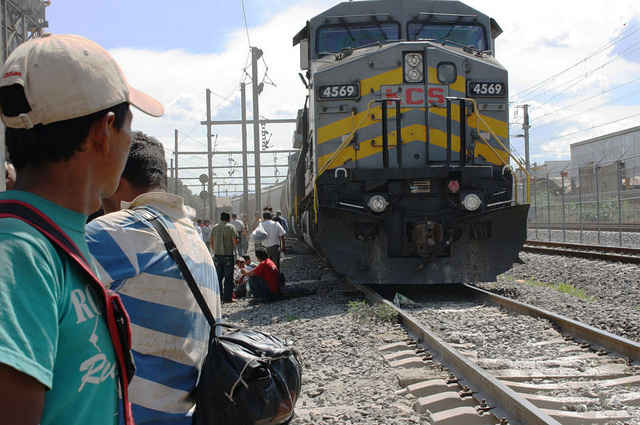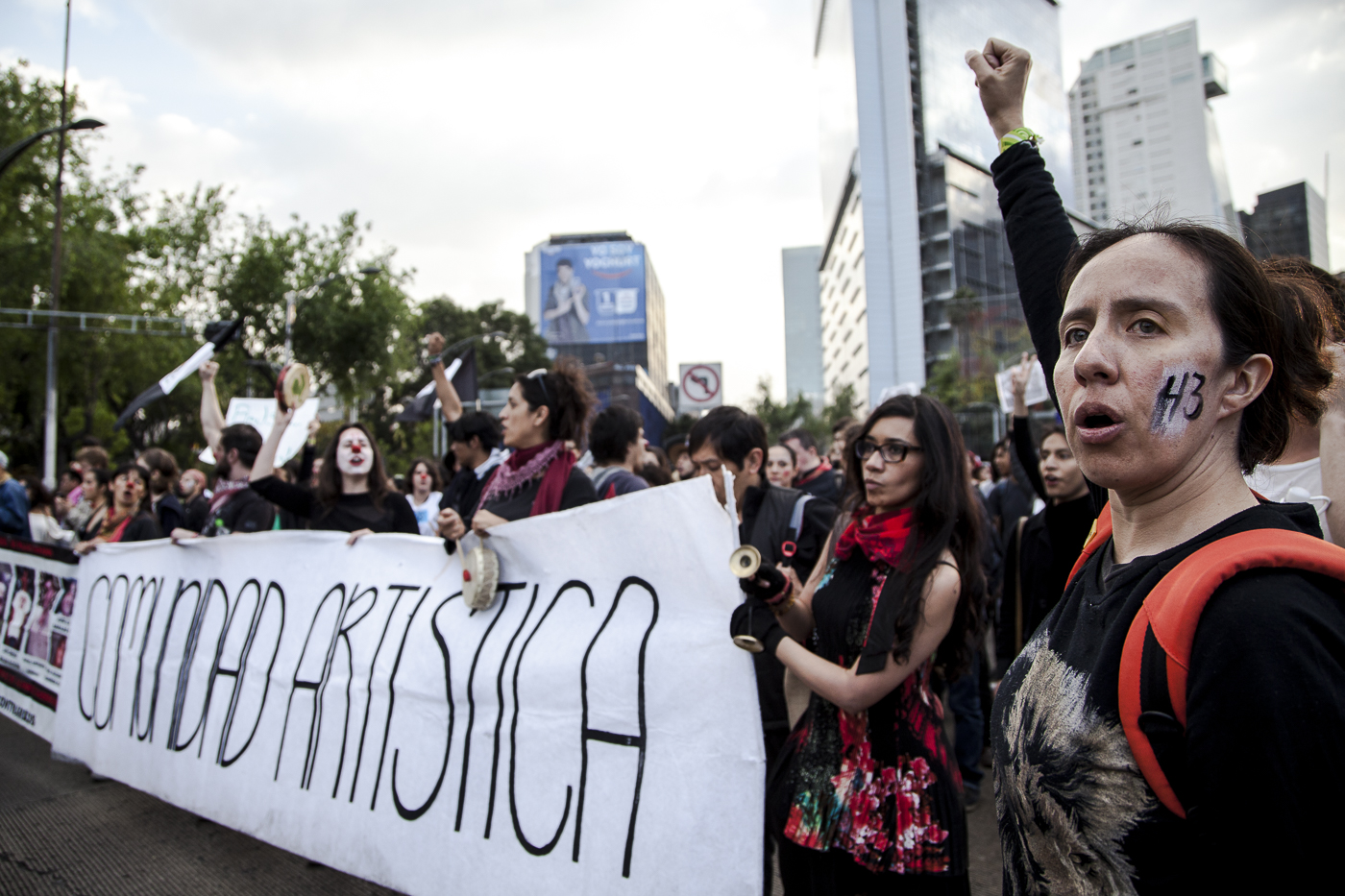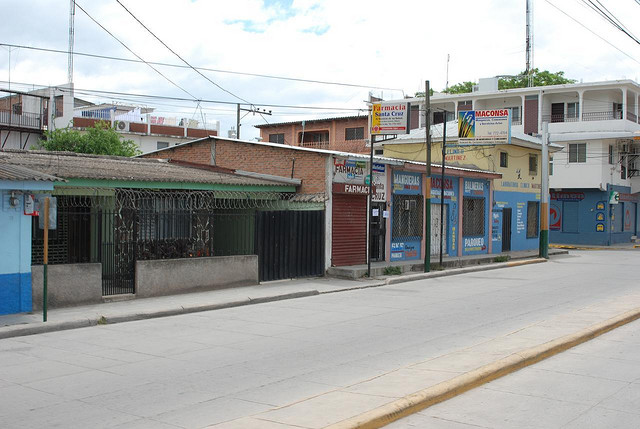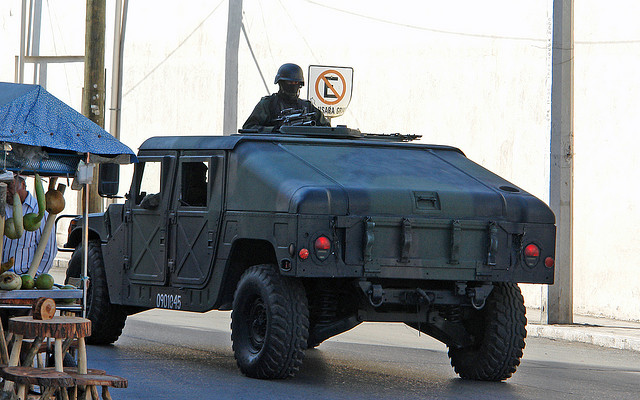
Central America, Latin America: Week in Review
Stranded Central American Migrants Await Aid in Mexico
July 13, 2012 By Staff
Top Story — Several thousand Central American migrants stranded in Coatzacoalcos, Mexico for nearly a month are now receiving humanitarian aid from the governments of El Salvador, Honduras, Guatemala. Approximately 3,500 migrants were en route to the United States on the notorious freight train known as “the Beast” when the train derailed on June 17 after a railroad bridge collapsed in its path. The migrants are being supplied with food, medical care, and temporary shelter, according to El Salvador’s foreign ministry, and the consulates are helping to repatriate some travelers on a voluntary basis. The number of Central American immigrants to the U.S. has risen sharply in the last year as Central Americans flee the escalating drug war violence in the region. U.S. Customs and Border Patrol apprehended twice as many Central American immigrants between October and May as it did in the same period the previous year. An estimated 300,000 Central Americans take the dangerous journey each year through Mexico to the United States.
Read more from the Associated Press and Fox News Latino.
Headlines from the Western Hemisphere
North America
- The U.S. Senate Foreign Relations Committee released a report Thursday criticizing Mexico’s reliance on the armed forces to combat drug violence for being ineffective and increasing human rights violations.
- U.S. presidential candidate Mitt Romney and Florida politicians pounced on a remark Wednesday by U.S. President Barack Obama that he did not consider Venezuelan President Hugo Chávez a “serious” threat to national security.
- The U.S. Drug Enforcement Administration on Thursday announced the discovery of two drug tunnels between Mexico and the U.S. on different sides of the border.
Caribbean
- Cuban President Raúl Castro met with Russian President Vladimir Putin outside Moscow to discuss bilateral relations.
- A Jamaican doctor was arrested for performing an abortion on a pregnant 12 year-old. Abortion is illegal in Jamaica.
- The Bill & Melinda Gates Foundation and the U.S. Agency for International Development (USAID) announced that mobile money service transactions in Haiti met a goal of 5 million transactions.
- Trinidad’s Environment and Water Resources Ministry said it regretted that heavy machinery crushed turtle eggs and hatchlings on a prime nesting beach, but said it was essential for machines to redirect a river to prevent other parts of the beach from eroding.
Central America
- Three peasant farmers have been murdered since July 2 in Aguan, Honduras, where conflict has been ongoing between landless farmers, wealthy landowners, and Honduran security forces.
- The Guatemalan government will postpone until next month a proposal to acquire up to a 40 percent stake in new mining companies in the country.
- The Nicaraguan government has announced that it will create a new commission to monitor drug trafficking on the country’s Caribbean coast.
Andes
- Indigenous Colombians told Colombian President Juan Manuel Santos that they want the government to withdraw troops from their towns in the country’s southwest during a presidential visit, but Santos said he would not.
- The Peruvian government announced that it will set up a commission to address discrimination against Afro-Peruvians, who make up between 8 and 10 percent of the country’s population.
- U.S. Immigration and Customs Enforcement returned 14 stolen Peruvian artifacts and paintings, some as much as 2000 years old, to the Peruvian Embassy in a ceremony Thursday.
Southern Cone
- Chilean President Sebastián Piñera signed an anti-hate crime bill, approved in May, into law during an official ceremony Thursday. The bill was passed after a young gay man, Daniel Zamudio, was attacked and murdered in March.
- Large invading rats on islands off the coast of Chile and Peru are threatening the population of Humboldt penguins by eating their eggs and chicks.
Image: gloriamarvic @ Flickr.





